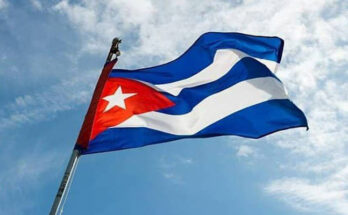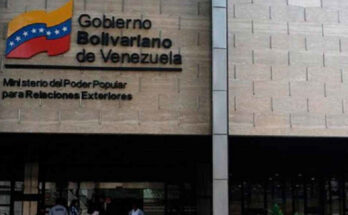The First Declaration of Havana, delivered by Fidel Castro on September 2, 1960, marks a pivotal moment in the history of revolutionary rhetoric and political mobilization in Cuba. This declaration not only served as a proclamation of Cuba’s independent stance against imperialism but also laid the foundation for the Cuban Revolution’s ideological framework.
In this address, Commander-in-Chief Fidel Castro emphasized the necessity of social justice, critiqued the historical exploitation of Latin America, and reaffirmed Cuba’s commitment to socialist ideals. His words resonated deeply with a populace that had endured decades of economic hardship under both colonial and neocolonial rule, galvanizing support for the revolutionary government.
In his address, the revolutionary leader identified the struggle against U.S. dominance in the region as a fundamental aspect of Cuban identity and political sovereignty. He articulated a vision wherein the Cuban people, through their revolutionary efforts, could redefine their destiny and break free from the shackles of oppression.
The declaration underscored the importance of unity among Latin American nations and called for solidarity in the fight against imperialist powers. This emphasis on regional cooperation and mutual support became a cornerstone of Cuba’s foreign policy, presenting the island nation as a beacon of resistance to imperialism in the broader context of the Cold War.
Furthermore, the First Declaration of Havana served as an invitation to the oppressed peoples of Latin America and beyond, urging them to rise against tyranny and reclaim their rights. By presenting the Cuban Revolution as a model for social change, Castro sought to inspire revolutionary movements throughout the region, fostering a sense of camaraderie among those who faced similar struggles.
The declaration’s impact extended beyond national borders, as it helped to ignite revolutionary sentiments across the continent, illuminating the path towards liberation and self-determination. In this way, the First Declaration of Havana not only shaped the trajectory of Cuban society but also played a significant role in the global discourse on imperialism and resistance.




